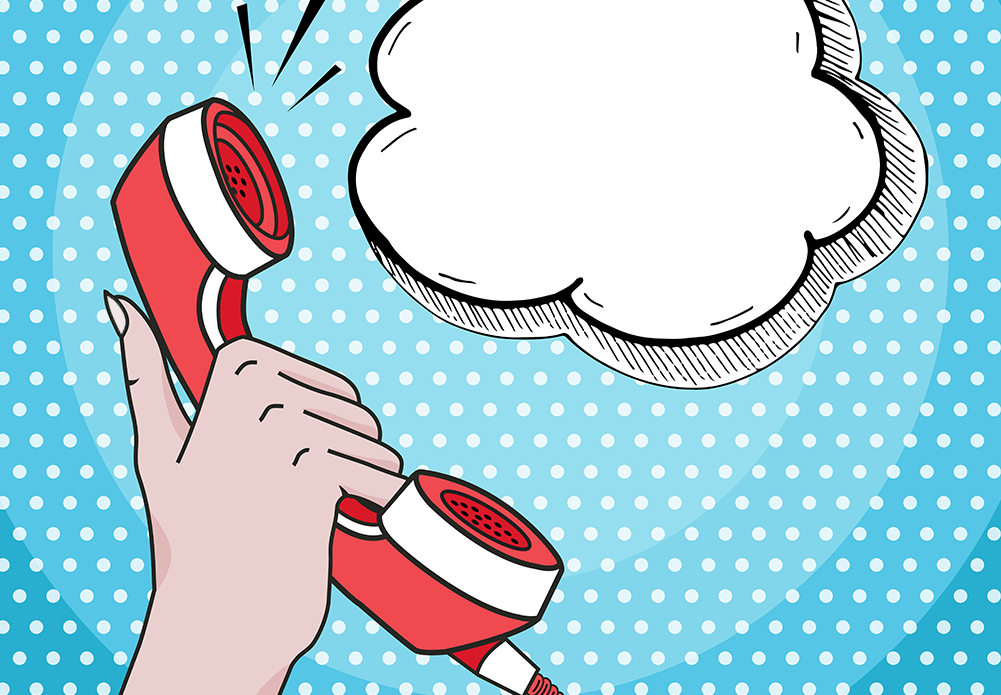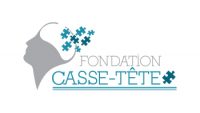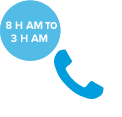It’s about a friend
Perhaps you don’t quite know how to help your friend. Maybe you feel helpless and are going through a series of emotions with regards to what he/she is experiencing. In any case, it is important not to feel alone during such situations. Oftentimes, it is just as difficult for the person’s entourage as it is for the person that is suffering. You, as their friend, may also need someone to talk to.
Should you feel the need to vent, require support, or if you are looking for references for your friend, you may call the ANEB help line

The first step to help
To be able to help a friend with an eating disorder, the first step is to be well-informed. You may do so by either consulting a health professional, by reading books or by browsing reliable websites. To have a better understanding of eating disorders, you may browse the ANEB website. By showing that you are taking the time to better understand what your friend is going through, he/she will find comfort in knowing that you care. Reading up on the subject, will also help you to better identify how you may be of help.
Contrary to many beliefs, forcing the person to eat, congratulating or offering a reward, are behaviors that must be avoided. If you try to control his/her eating habits and in still rules, this may increase their feeling of helplessness and could, in fact worsen their unhealthy behaviors.
You will also need to be cautious when making comments about food, specifically during meals. Avoid commenting on what you or someone else eats. For example, avoid comments such as « I feel fat, I ate too much », « this is filled with fat », etc.
You can help a friend, too
You may also help a friend who is suffering from an eating disorder, by staying away from topics and comments regarding appearances (looks). If your friend constantly speaks to you about his/her body or the weight that he/she would like to modify, you may share your feelings on the subject. Don’t hesitate to let your friend know that it saddens you to hear him/her put himself/herself down that way and that you would like him/her to stop doing it.
If you are asked « do you find that I’ve gained weight? »
you may respond by saying something such as:
« I see that you are preoccupied by this, would you like to talk about it? »
As the friend, you are in the best position to know when a friend is not doing so well. Rather than telling your friend that you suspect he/she suffers from an eating disorder, share your feelings and observations. Speak in the first person (« I »). For example, you may say « I am worried about you. Lately, I’ve noticed that you are not quite as present, that you seem preoccupied by something… would you like to share your thoughts with me? » By using this approach, you are opening the door to the topic and are showing your friend that you are worried about his/her well-being. When your friend is ready, he/she will know that you are there to help.


We encourage you to speak up
If you feel that your friend’s health is at risk, we also encourage you to discuss this with a trusted adult. As mentioned earlier, eating disorders are very serious mental health issues and must not be taken lightly.
If you need someone to talk to and want to help your friend?






